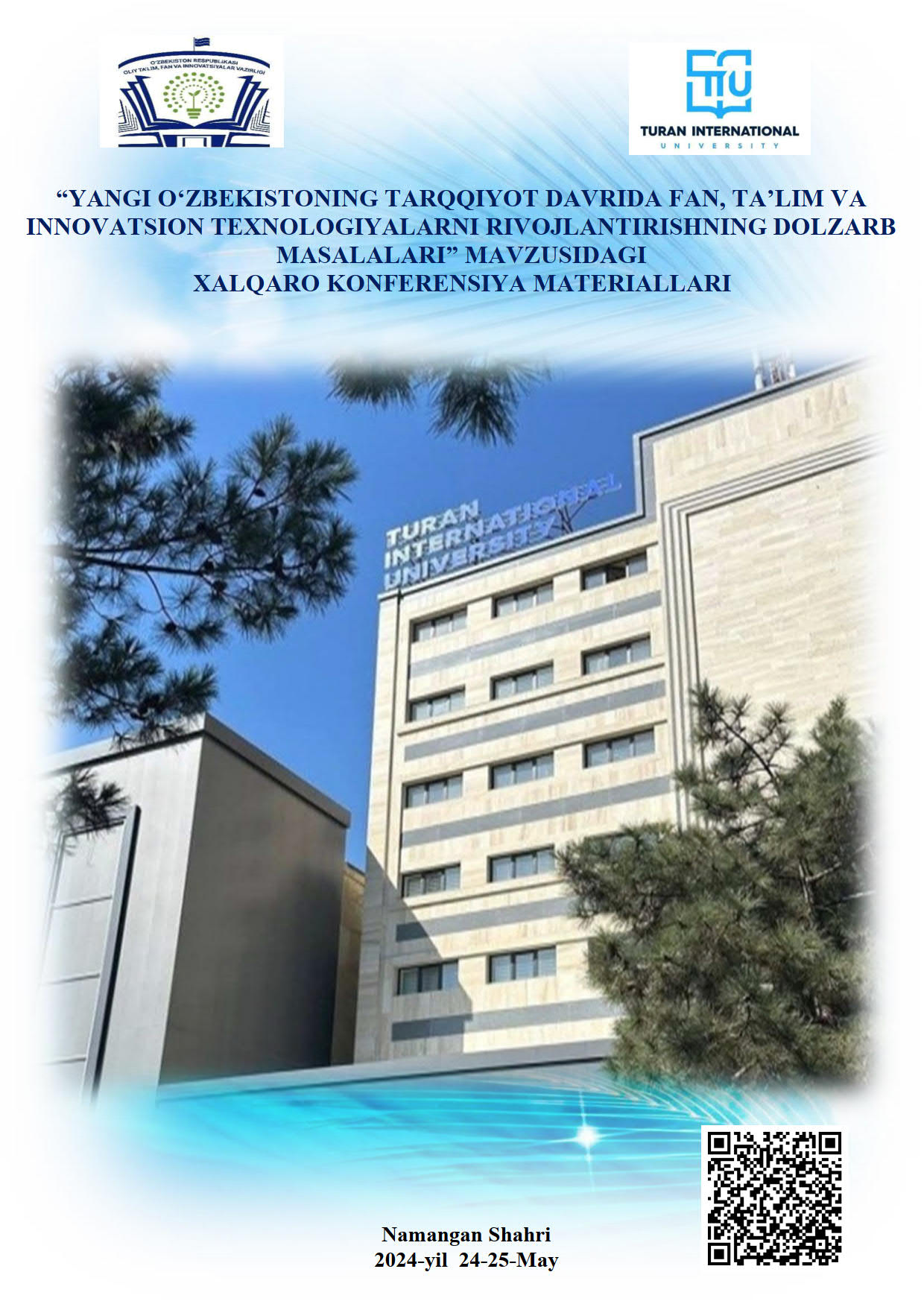TEARS OF CONTRITION: GUILT AND REMORSE IN ANITA RAU BADAMI’S CAN WE HEAR THE NIGHTBIRD CALL?
Abstract
Can You Hear the Nightbird Call? by Anita Rau Badami, Indo-Canadian author, is an intriguing narrative with complex layers of guilt and betrayal within the family and society against historical and political backgrounds. The novel intersects with the characters in unexpected circumstances, which expresses their emotional interconnectivity. This abstract examines the multifaceted conditions of guilt and remorse that haunt them in their lives. The characters in Can You Hear the Nightbird Call? struggle with guilt that comes from many situations, such as betraying loved ones, seeing horrific events during the partition, forgetting traditional practices, and finding out identity in a diasporic environment. By resulting from the lives of people like Bibi- ji, Nimmo, Leela and Pa-ji this study seeks to clarify the relationship between trauma, guilt, and memory, illuminating the long-lasting effects of past events on personal psychology.
Keywords:
Guilt, Trauma, Remorse, Memory and Identity IntroductionReferences
Bhat, S. D. (2018). Sikh Diasporic Negotiations: Indian and Canadian
History in Can You Hear the Nightbird Call? Sikh Formations, 14(1), 55-70.
Ghouse, M. (2015). The novels of Anita Rau Badami a study. Handle.net. http://hdl.handle.net/10603/462002
Khan, S. S., & Aslam, S. (2020). Postmemorial Reflections and Mestiza
Consciousness: Nimmo in Anita Rau Badami’s Can You Hear the Nightbird Call?
Kashmir Journal of Language Research, 23(2).
Lakshmi, B., Hampamma, G., & Chitra, V. Victimization In Anita Rau Badami’s “Can You Hear the Nightbird Call?”.
Mendonsa, A., & Anthony. (2024). A Review Of Literature With A Focus
On The Application Of Patriarchy To Men Via Dislocation, Space, Agency, And
Identity In The Novels Of Anita Rau Badami analysing displacement concerning space
and identity in the writings of diasporic writers and writings on diaspora. International
Journal of Creative Research Thoughts, 12(1), 2320–2882.
https://ijcrt.org/papers/IJCRT2401284.pdf
Purohit, R., & Rao, P. M. Women as Victims in Partition Fiction: A Study
of the Novel Can You Hear the Nightbird Call?
Randall, J. (2014). Jostling with Borders: Anita Rau Badami’s Can You
Hear the Nightbird Call? Commonwealth Essays and Studies, 36(36.2), 33-40.
Tripathy, A. Unhealed Wounds. ODISHA REVIEW, 86.
Yadav, B. S. Narration of Past and Location of Ambivalence in the Works
of Uma Parameswaran and Anita Rau Badami A Comparative Study.
Downloads
Published
How to Cite
Issue
Section
License
Copyright (c) 2024 VelTechRangarajan, VelTechRangarajanDr.Sagunthala

This work is licensed under a Creative Commons Attribution 4.0 International License.

